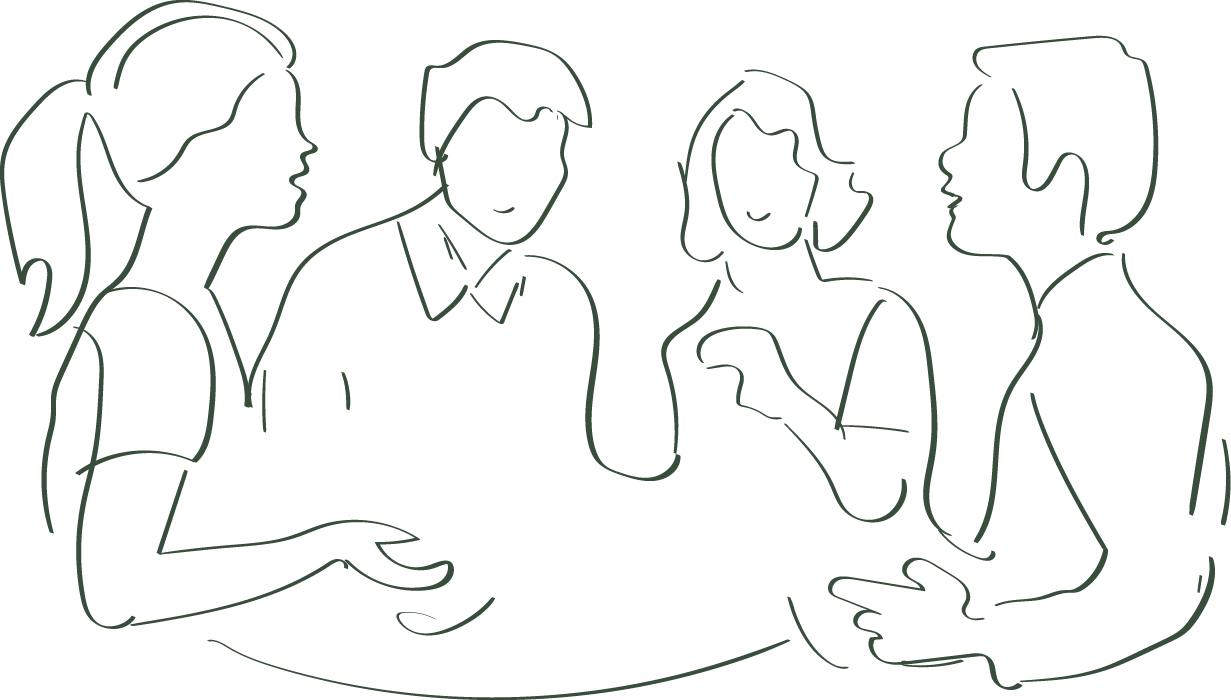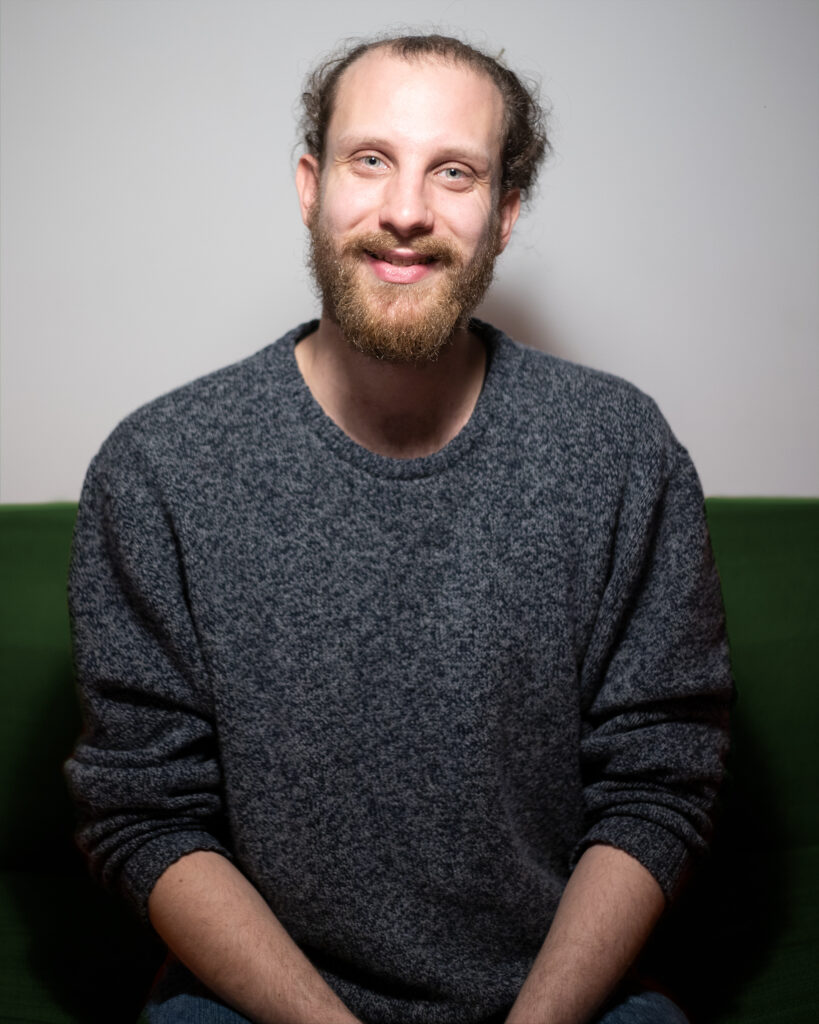
from Valentin Dinges | 04.08.2025 | 5 min reading time
Disclaimer: I am assuming here that you are not in acute physical or emotional danger and that your basic needs are met. If you are a victim of structural social discrimination or violence, other aspects that are not discussed in this article may be more important and helpful.
Working with the inner child is very effective in itself - and when we do it in a group, new possibilities open up. It becomes more than a personal process. It becomes a mutual seeing and being seen. Everyone works on their own issues, but everyone does it at the same time. One person's insight triggers another person's insight. One person's breakthrough gives another person permission to feel. The group becomes a living mirror that reflects forgotten parts of ourselves and reminds us that we are no longer alone.
There is a special power in a group that holds a space together. It's not about fixing something or advising someone. It's about being a witness - being seen and heard in your raw, honest truth, without judgment. This kind of presence makes a difference. It softens defenses. It breaks down walls. It signals to the nervous system: "You are safe now." And this safety is the ground on which integration takes place. This inner work is not just about remembering or letting go - it is about weaving the lost parts back into a whole. When a group holds this space, the weaving goes deeper.
Most of our wounds originated in relationships. In childhood, the pain often came from people who did not give us security - emotionally inaccessible parents, critical teachers or peers who rejected us. The wounds of our inner child are not private, they are relational - and above all collective. Therefore, it makes sense that their integration must also be relational and collective. When we do this work in community, we can rewrite the script. Instead of abandonment, we feel acceptance. Instead of shame, we encounter compassion. Instead of hiding, we are welcomed.
In a recent process I facilitated, Sophia (name changed) opened up about her feelings and was immediately overwhelmed by fear and shame. Her inner voices were loud: Don't be a burden. Stop crying, it's not so bad. These were messages that she had internalized early on. Her emotions - and therefore she herself - had been deeply devalued in her childhood. But this time something different happened. The group did not withdraw. She remained patiently and compassionately present through each new wave of grief that arose. And slowly, Sophia began to realize: I am allowed to feel my feelings. I am now safe with my feelings in the presence of other people. Other people are here to support my emotional processes. She cried many times - not only to regulate her sadness, but also out of deep gratitude for the gift she received: shared humanity, witnessed pain and genuine support from the group.
Working with the inner child in a group is about being human together. Everyone works on their own inner integration in the presence of others who are doing the same. This is what makes it so effective. Growth is not only possible - it is shared. And in this shared space, we remember something that our inner child always wanted to know: You are no longer alone.

I am Valentin Dinges, a qualified engineer, facilitator for inner child work according to Dr. Margaret Paul, coach and trainer for non-violent communication.
I will help you to see things more clearly again and to understand and categorize your feelings.
Take the first step now and book a Introductory meeting with me!
You can work with me in person in Aachen or online.
Sign up for the newsletter and stay up to date on seminars, courses, events and articles.
My inner child coaching can show you new perspectives and design possibilities and give you impulses for your personal development. I do not promise a cure, I do not treat or diagnose symptoms or illnesses, because I am not a therapist or doctor. Our work together complements, but does not replace, a visit to a doctor or therapist. In the case of physical complaints, you should always have an organic cause clarified.
I use female and male personal designations alternately.
Sign up for the newsletter
(c) Valentin Dinges, 2024.
To provide you with an optimal experience, we use technologies such as cookies to store and/or access device information. If you consent to these technologies, we may process data such as browsing behavior or unique IDs on this website.